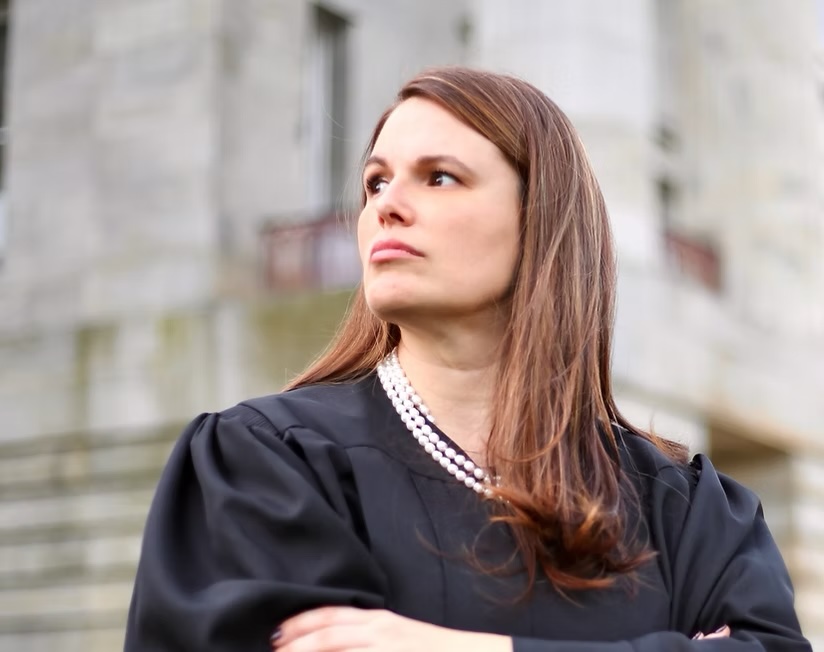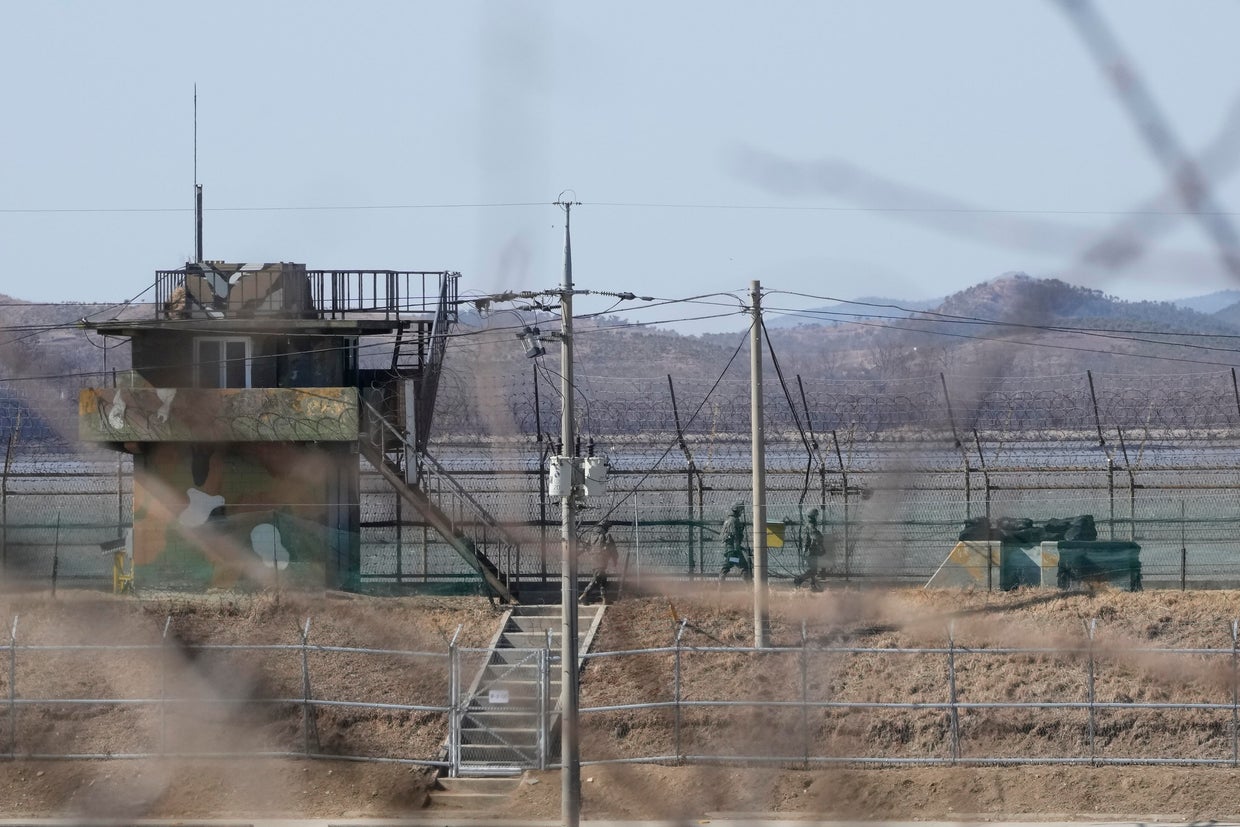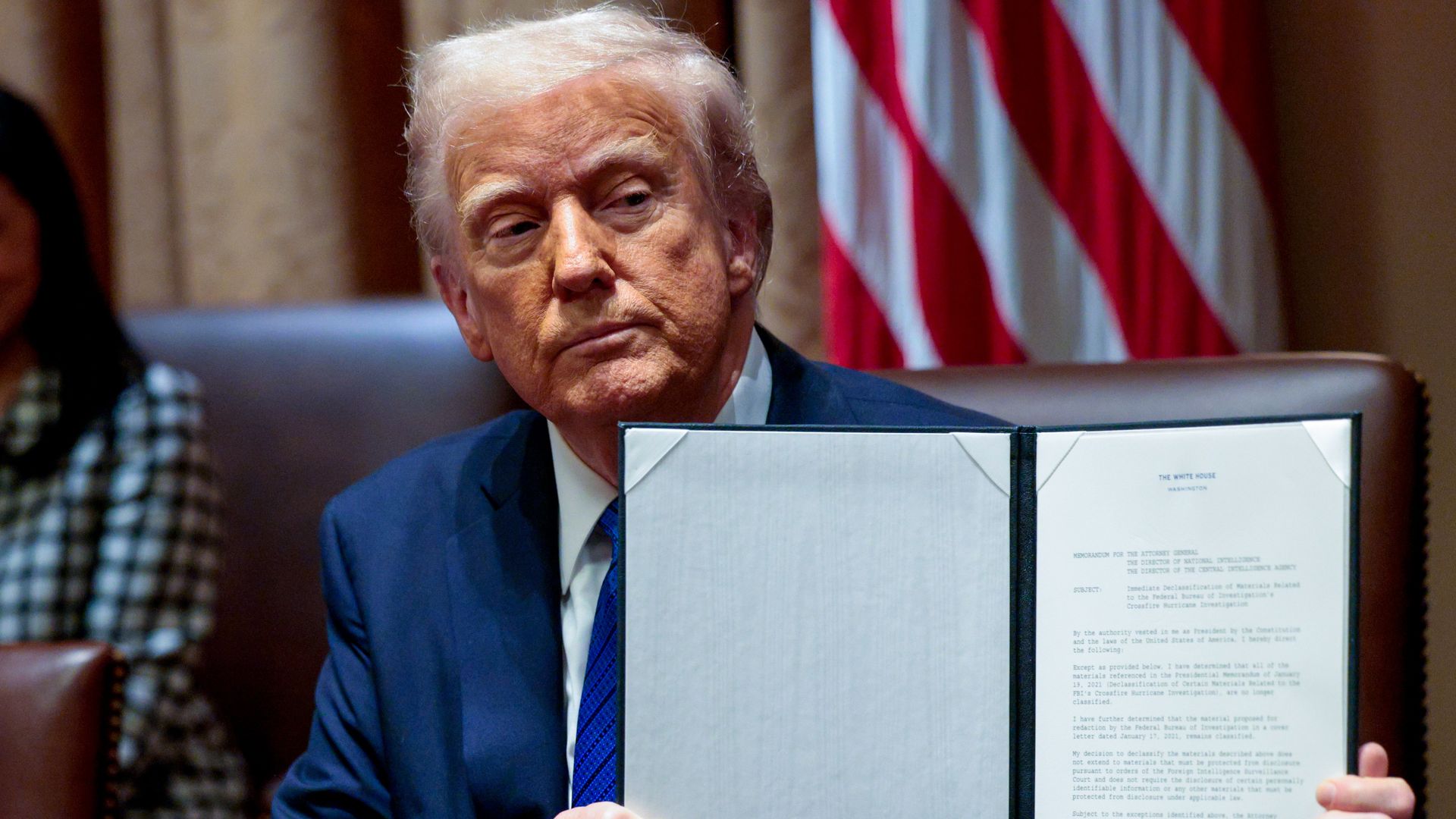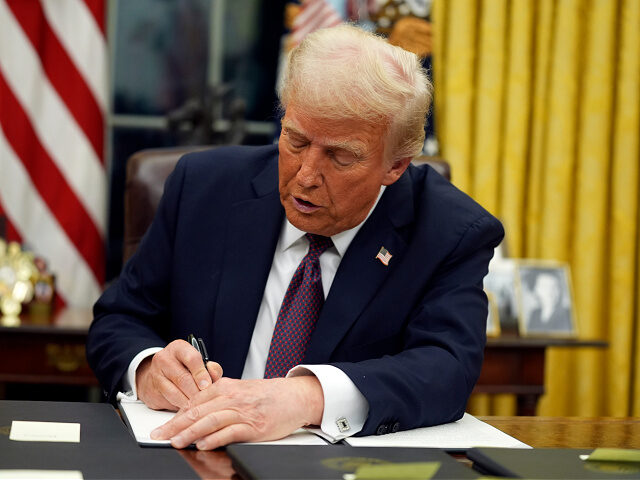NC Supreme Court temporarily halts order for 60,000 challenged voters to prove eligibility

North Carolina Supreme Court Intervenes in Election Dispute
In a significant judicial intervention, the North Carolina Supreme Court has issued a temporary halt to a previous ruling that threatened the voting rights of over 60,000 individuals. This ruling required these voters to validate their eligibility within 15 days or face the annulment of their votes, a move that could have potentially reversed the outcome of a closely contested Supreme Court race.
Background of the Controversy
The controversy centers around the 2024 Supreme Court race where Republican Jefferson Griffin challenged the narrow victory of Democratic incumbent Allison Riggs. The dispute has extended well beyond the typical post-election resolution period, now dragging on for over five months.
Details of the Judicial Order
The order to block the previous ruling was signed by Justice Trey Allen, a Republican, and was issued without additional commentary. This decision came swiftly after a divided panel from the Court of Appeals favored Griffin, proposing a cure period for the majority of the challenged voters, a decision unprecedented in its timing and scope post-election.
Immediate Reactions and Legal Arguments
Riggs and the State Board of Elections promptly appealed the decision, requesting the Supreme Court to pause the implementation of the cure period. In their legal filings, Riggs’ attorney criticized the Appeals Court’s decision for lacking precedent and potentially disenfranchising thousands of voters by denying them due process and equal protection under state law.
Implications of the Stay
|
The stay is a common judicial measure intended to maintain the existing state of affairs while the higher court deliberates on whether to take up the appeal. Although Griffin’s legal team noted his objection to the Supreme Court reviewing the case in full, the stay puts a temporary stop to the 15-day cure period initiated by the Court of Appeals.
Composition and Potential Outcomes in the Supreme Court
The North Carolina Supreme Court, which is currently composed of five Republicans and two Democrats, faces a potential deadlock in this case due to Riggs’ recusal and the even number of justices remaining. Should a 3-3 tie occur, the lower court’s decision in favor of Griffin would stand. However, Riggs has indicated a readiness to escalate the matter to federal court should she lose in this state-level appeal.









No Comments